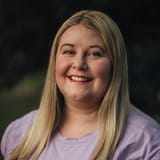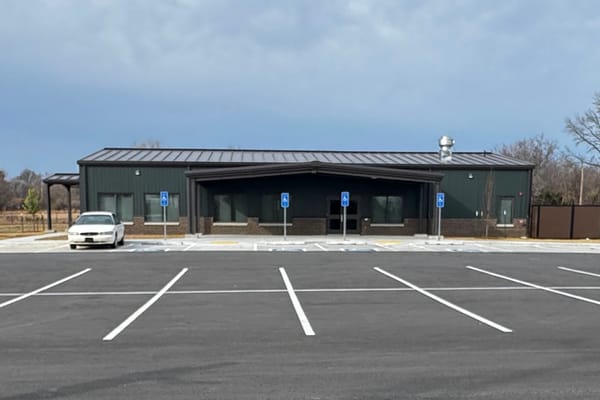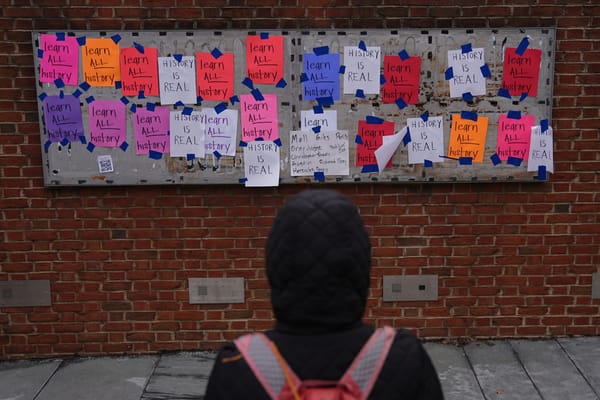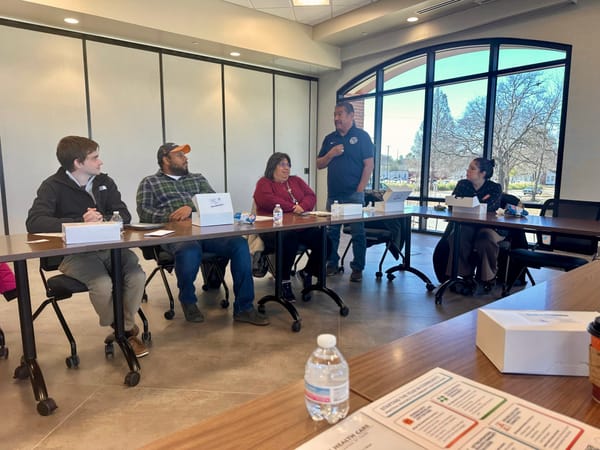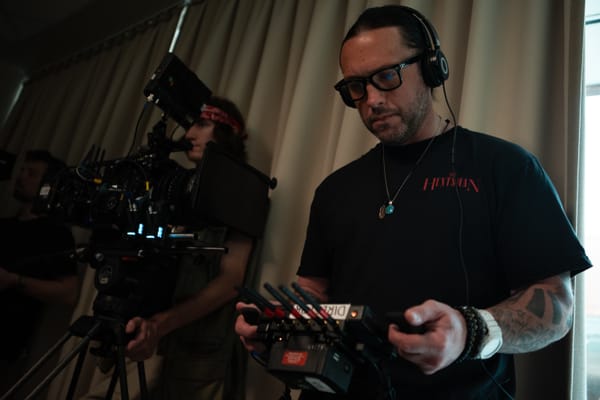Legacy of the Choctaw Code Talkers to be honored on Veterans Day

(OKLAHOMA) Nearly 1 in 5 Native Americans have served in the U.S. military, spanning generations and wars, even before Native Americans were recognized as US citizens.
Their contribution has meant the difference between victory and defeat. During World War I, 19 Choctaw soldiers are credited as being essential to the victory won by the United States and its allies.
Germans had been tapping the phone lines of the Americans and were able to learn their location. But that changed when the Choctaw Code Talkers began using their language as code at military command posts.
Nuchi Nashoba is the great granddaughter of Choctaw Code Talker Ben Caterby and the President of the Choctaw Code Talkers Association.
“Just by accident, one of the people that was in command was walking through the camp and overhearing these men speaking their Native language, and having an idea that, oh, wow, I don't know what these men are saying,” said Nashoba. “And then to pull them in and say, how many of you guys are here? And then to have the idea that, if I can't understand them then perhaps in this war, nobody else can understand them.”
This code kept the Germans from finding out where the Allied Forces were located. It is also credited for success at The Battle of St. Etienne and Forest Ferme.
Nashoba says the use of the Choctaw language during this time was significant for a couple of reasons.
“In 1918, none of us were allowed to speak our Native language,” said Nashoba. “You were punished. The fact that we weren’t considered citizens until 1924, these men felt such a connection to enlist in the army and go fight for the country.”
Nashoba has spent the last 20 years working to honor her great grandfather and the other code talkers as President of the Code Talkers Association. Her efforts helped make the sculpture that was unveiled honoring code talkers earlier this year a reality.
“It’s emotional because to see something like that happen, that you have dreamed of for so long,” said Nashoba. “Just to honor these men because you know that people are going to come and see that. You know that it’s a part of history that’s going to remain long after we’re gone.”
Nashoba’s daughter TaNa Alexander has also been committed to honoring the men who served as the Choctaw Code Talkers.
She recently created the documentary film Voices of Valor as a way to share the story.
“The men during that time were sworn to such secrecy, their voices hadn't been heard,” said Alexander. “So, the tribute is to honor and help bring their voices to life because they really didn't have one during that time.”
The contributions of the Choctaw Code Talkers were not made public until the 1980s.
Alexander said she hopes the film will help people feel connected to history.
“There’s a letter that my mom showed me, it was a transcribed letter from some media back in the day,” said Alexander. “A newspaper article. And there were quoted words of my great great grandfather and in that moment it was a realization that those words continue to live and breathe even so much time after.”
Both Nashoba and Alexander said they also hope people never forget the sacrifices the Choctaw Code Talkers and other Native American veterans made during their military service, even when they were not considered U.S. citizens.
“These men served to protect their freedoms, the very few they had at the time,” said Alexander. “I think that, to me, what speaks to their character during that time is they stepped up to protect the land and protect people.”
Voices of Valor will be shown in person Tuesday, November 11 at 9:00 am at the Native Nations Event Center on the University of Oklahoma’s campus. The address is 860 Van Vleet Oval, Norman, OK 73019. Copeland Hall, Room 233.
Anyone who would like to attend the event virtually can also do that by signing up here.
There will also be a panel to discuss the film and the legacy of the Code Talkers. To learn more, email cctamembership@gmail.com.

